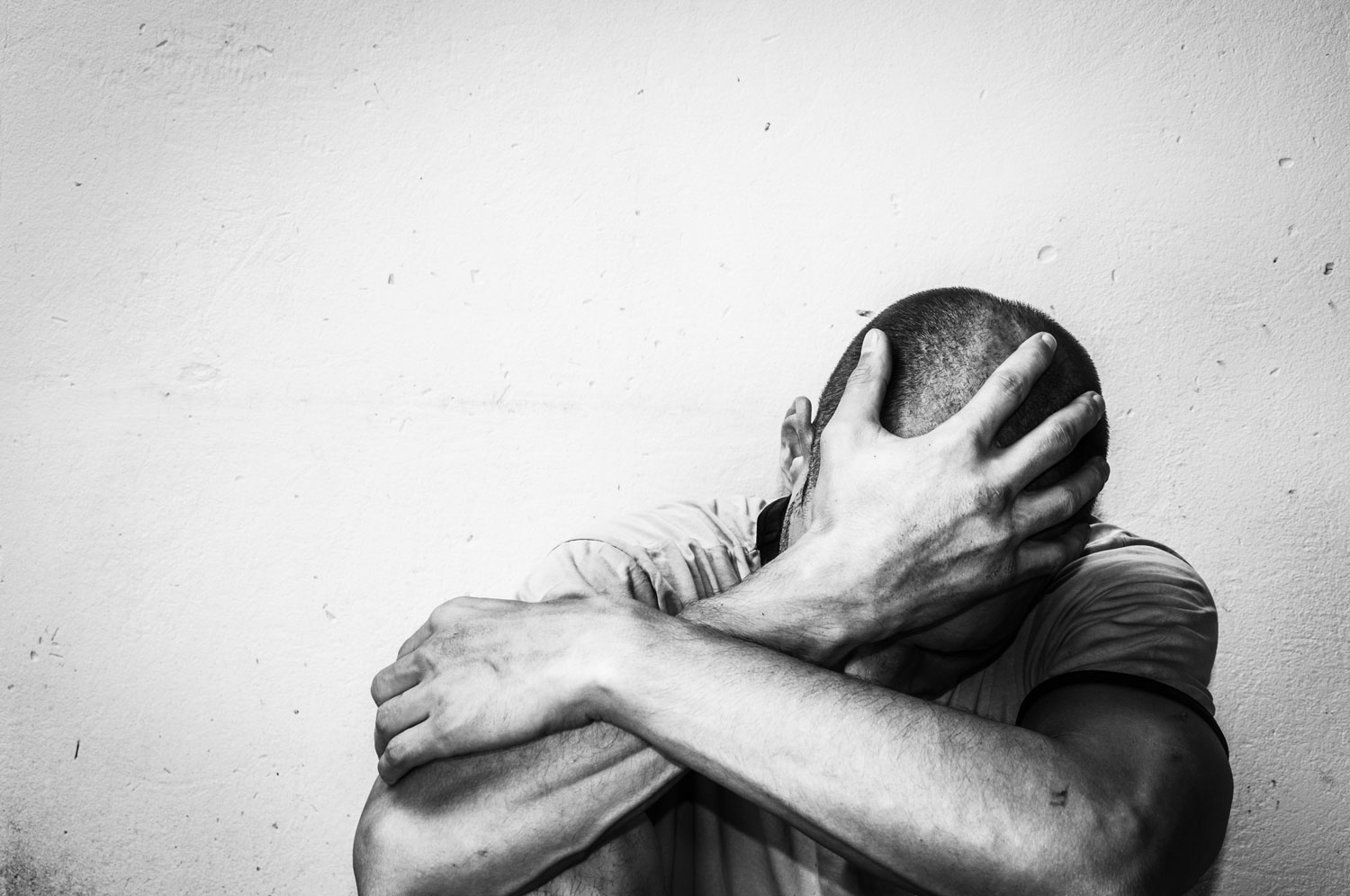THERAPIES
DBT For Addiction and Eating Disorders
Dialectical behavior therapy (DBT) is a well-established, evidence-based treatment that’s used for mental health disorders, substance use disorders, process addictions, and eating disorders.[1] Used in combination with other therapies, DBT can be an effective way to overcome a variety of mental health conditions and co-occurring disorders.
What is Dialectical Behavioral Therapy
DBT is an evidence-based therapy that’s derived from cognitive behavioral therapy (CBT), a form of psychotherapy used to treat severe mental health conditions, particularly with suicidal ideation. It differs from CBT in that it focuses on validating and accepting uncomfortable feelings instead of avoiding them.[2]
Could you or someone you know need DBT? Reach out today.
Uses for DBT

DBT for Substance Abuse
DBT is highly effective at establishing change – ending drug abuse – and establishing goals for permanent abstinence.[3] Relapse triggers and challenges are addressed with nonjudgmental, problem-solving responses and dealing with some of the emotions involved in substance abuse.

DBT for Behavioral Addiction
Process addictions, such as gambling or sex addiction, have similar behaviors as substance use disorders. DBT can be effective at helping you tolerate distress, improve emotional regulation, and cultivate mindfulness to overcome challenges and resist temptation with process addictions.

DBT for Eating Disorders
The techniques used in DBT can be helpful in improving the emotional regulation issues that are common with binge eating disorder, bulimia nervosa, and anorexia nervosa.[4] DBT is especially effective for complex eating disorders that haven’t responded to other treatments.
How (and Why) DBT Works
DBT is often used in addiction treatment programs to treat substance use disorders, mental health conditions, and co-occurring substance use disorders. It’s often combined with other therapies, including CBT, individual therapy, and group therapy in inpatient or outpatient treatment settings.
In one study, women with borderline personality disorder and co-occurring substance use disorders who received DBT had a reduction in substance misuse during treatment and in their follow-up period.[7] They also adhered better to treatment plans.

What’s the Best Way to Find DBT in Connecticut, New Jersey, or New York?
If you think DBT is right for you, the first step is to speak with your doctor or therapist to get recommendations for DBT treatment options in your area. DBT is also included in some addiction treatment plans, based on your individual needs and goals.
If you want to learn more about DBT and addiction treatment, contact our compassionate care team at Paramount Wellness Retreat.

What We Treat with DBT
Cost of DBT
DBT can vary in cost based on the provider, your location, your care plan, and the specifics of your treatment. Some insurance providers cover DBT as part of an inpatient or outpatient treatment plan. Contact us to see if your insurance provider is in our network.
DBT Process
DBT seeks to balance the acceptance of who you are and the benefits of change and emotional regulation. The structure of DBT can vary, but it generally includes:

DBT Pre-Assessment
Pre-assessment is used to determine if DBT is the right choice for your needs. During pre-assessment, you have an opportunity to learn more about DBT and how it works to make your own decision and commit to treatment.
Individual DBT Therapy
Individual DBT therapy involves weekly sessions that can last up to an hour. DBT has several goals, including limiting behaviors that get in the way of productive therapy, such as self-harming behaviors, (if applicable) and helping you reach goals while addressing barriers to progress.
DBT Group Training
DBT in a group setting isn’t like group therapy, which is sharing problems with peers. It’s focused more on learning and skill building in a classroom-type setting. The skills include the techniques in DBT – mindfulness, distress tolerance, interpersonal effectiveness, and emotional regulation.
Telephone Crisis Coaching
DBT may include telephone crisis coaching to support you in daily life. You can call your therapist if you have a crisis, struggle to use your DBT skills in daily life, or need support.[6]
We’re Glad You’re Here! Take The First Step In Recovery Today.
We’re eager to meet you and help you succeed in your recovery journey. Contact us today to start now.